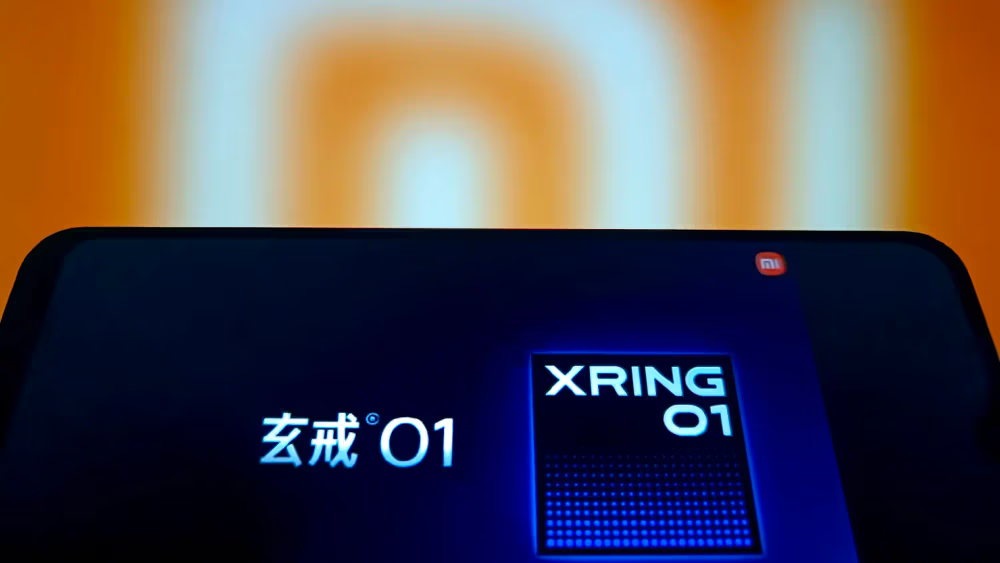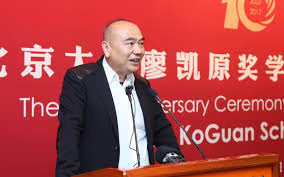Chinese tech giant Xiaomi has launched a major offensive against Apple in the premium smartphone space, unveiling a flagship device that undercuts the iPhone on price while boasting a high-performance in-house chip.
The newly released Xiaomi 15S Pro starts at 5,499 yuan (approximately $764), placing it below the 6,000 yuan threshold that qualifies consumers for state-subsidized discounts in China. In contrast, Apple’s iPhone 16 Pro and Pro Max begin at 7,999 yuan and 9,999 yuan respectively — pricing them out of eligibility for the same government support.
Speaking at the company’s launch event on Thursday, Xiaomi CEO Lei Jun emphasized the strategic advantage of the company’s newly developed chip. “Apple is still number one,” Lei said in Mandarin, according to a CNBC translation. However, he added that Xiaomi’s custom Xring O1 chip outperformed Apple’s A18 Pro chip in several technical areas, including gaming performance with reduced heat output.
“[The Xring O1’s performance] should not be seen as an attempt to pressure Apple, but rather as an indicator of the great effort Xiaomi made to develop a comparable processor,” Lei said.
While CNBC has not independently verified Lei’s claims and Apple has not yet commented, the announcement marks a significant milestone for Xiaomi in its push to achieve greater technological independence amid U.S. restrictions on China’s access to advanced semiconductor technology.
Lei revealed that Xiaomi will invest 200 billion yuan in research and development over the next five years, starting in 2026. He also projected 30% revenue growth for the company this year. In a post on Chinese social media platform Weibo, Lei confirmed that the 3-nanometer chip is already in mass production and that Xiaomi will commit an additional 50 billion yuan ($6.9 billion) toward chip development over the next decade.
According to Counterpoint Research Partner Neil Shah, around 40% of Xiaomi’s current phones still rely on chips from Qualcomm and MediaTek. The Xring O1 marks a potential shift as Xiaomi aims to reduce dependence on external suppliers. Lei noted the company began chip development in 2014, unveiled an early chip in 2017, and resumed R&D after a temporary suspension.
Though the Xiaomi 15S Pro does not feature significant AI capabilities, it can be used to lock and unlock a compatible car — a nod to the company’s broader ecosystem strategy. Last year, Xiaomi entered the electric vehicle market with the SU7 sedan, priced $4,000 lower than Tesla’s Model 3 at the time. Lei also confirmed that Xiaomi’s first SUV, the YU7, will debut in July, equipped with Qualcomm Snapdragon and Nvidia Thor chips and offering a driving range of 835 kilometers.
The company has already delivered more than 28,000 vehicles in April, following a record 29,000 deliveries in March. However, a recent fatal SU7 crash in China prompted regulators to demand more cautious language in the marketing of driver-assist technologies.
Xiaomi will report its first-quarter financial results on May 27, following a record-breaking year in 2024 in both revenue and net profit. Overseas markets contributed nearly 42% of Xiaomi’s total revenue last year. Its stock has risen over 50% year-to-date.





